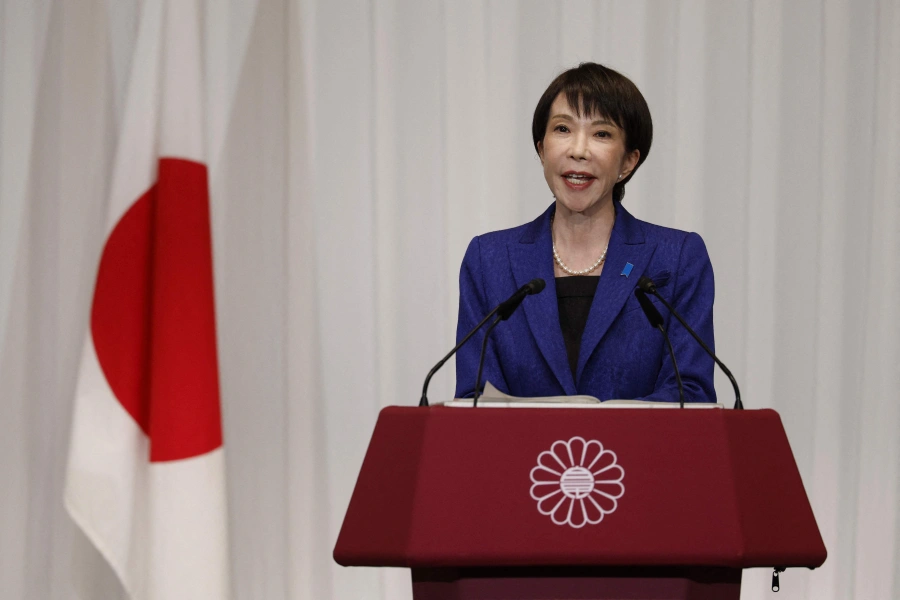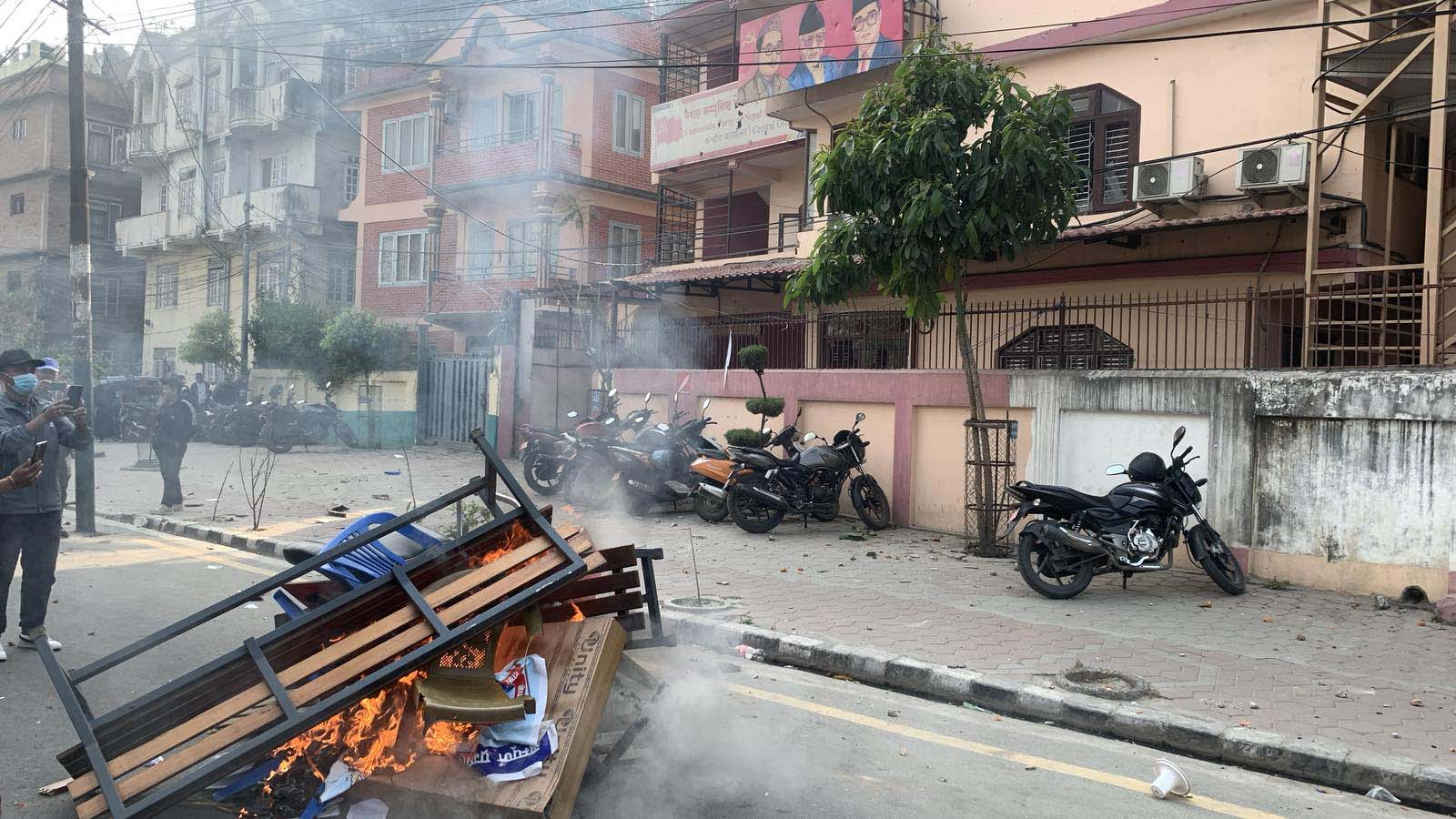Due to the threat posed by the pandemic, humans have come to rely on technology networks, flexible working, and remote access. Now, the focus needs to shift away from connected hardware and technology platforms, and towards exploring ways to solve problems using open data, smart thinking, radical innovation and collaboration.
As coronavirus continues to spread across the world, many countries have chosen to implement the Wuhan-style lockdown to slow down the spread of infection rates in the population. At the same time, many smart countries have decided to fight the coronavirus without putting in place such strict measures. South Korea did an excellent job of fighting the pandemic by finding a gentle balance between continuing economic activities and containing the epidemic outbreak. Japan declared a state of emergency in hard-hit areas without imposing lockdown. More interestingly, the economic powerhouse is also speeding up the process of transforming the country to “Society 5.0”—a noble idea that is well suited for the post-pandemic world.
Japan’s “Society 5.0” is about designing a future where the cyber and physical worlds seamlessly connect to create a new social contract and economic model by adopting the technological innovations of the “fourth industrial revolution,” says Yuko Harayama, a former executive member of the government’s Council for Science, Technology, and Innovation.” It is about reimagining a future where humans understand they should not again end up becoming a force that destroys everything else.
In a nutshell, “Society 5.0” is a human-centered society where cyberspace and physical space are highly integrated to find a fine balance between economic advancement and long-term solutions for social problems currently faced by Japan and many parts of the world. It also aims to become the first country in the world to achieve a human-centered Society 5.0 in which everyone can enjoy a high quality of life. This idea radically differs from other dystopian visions out there where Artificial Intelligence (AI) and robots monitor and control human beings. The visionaries of Society 5.0 believe the transformation will also make the world a better place to live by contributing to meet the Sustainable Development Goals (SDGs) established by the United Nations.
Smart cities are an integral part of Society 5.0. They are data-driven human-centric cities that use advanced digital technologies like AI and the Internet of Things to solve social problems including disease surveillance. The massive amount of data collected through sensors and cameras is analyzed by artificial intelligence (AI) and fed back to humans in physical space to create value to industry and society in ways not imaginable previously. This will free humans from everyday cumbersome tasks that they are not good at.
Wagle elected President of Democratic Thought Society

Many cities in China are already using drones to enforce social distancing rules and deliver medical supplies to fight the COVID-19 pandemic. Hospitals in China are using AI for rapid and accurate diagnosis of the infections and remote temperature sensing for surveillance. The pandemic could make many dysfunctional cities around the world redundant if they do not transform into smart cities. City governments in many parts of the world are already having difficulty adjusting to a new reality of the pandemic mainly because the digital infrastructure that enables urban resilience is missing.
Carlo Ratti, Director of the MIT Senseable City Lab has been evangelizing the concept of a “real-time city” for some time. In the real-time city, physical and social networks are in constant interplay, woven together by a layer of digital sensors all over the cities including the buildings to ensure metropolis, streets, buildings, and objects use powerful algorithms to sense and respond to the movements of the smartphone-equipped masses. He argues: “the current coronavirus crisis is dramatic, but it can also be seen as a global testing laboratory. Smart technologies will help track people’s movement in cities, measure compliance with the rules of social distancing, and also develop apps to monitor infected people.”
Ratti’s idea differs from other smart city advocates in the sense that he believes technology develops the capability to gather data at a massive level to surveil, predict, and connect people to transform the urban landscape. For instance, he imagines a future where pollution sensors and gunshot noise scanners will be equipped across the cities to allow authorities to respond quickly. Similarly, Wi-Fi-enabled kiosks will be installed everywhere to allow citizens to access the Internet and government services. And not to forget city officials will craft pragmatic housing and social welfare policies using data-driven maps and predictive algorithms.
It will take some time for the world to realize Ratti’s vision, but for now, we can use location data sourced from mobile phones to help contain the virus. Last March, the White House had opened talks with major tech companies, including Facebook and Google to explore the possibility of tracing the infected people. The proliferation of facial recognition and location-based technologies is inevitable. Therefore, it is important to ensure the government does not establish draconian measures in isolation. The surveillance technology put in place to battle the pandemic might cause far worse damage to humanity and democracy in the long run if we do not put checks and balances in place. The main danger that we face right now is that even democratically-minded people are willing to sacrifice privacy in exchange for better-perceived control over the pandemic.
The fact of the matter is not every country is well equipped to ease itself out of a lockdown safely and as they prepare for the post-lockdown future. The question is how can cities put shared benefits and sustainability at the center of the recovery. Due to the threat posed by the pandemic, humans have come to rely on technology networks, flexible working, and remote access. Now, the focus needs to shift away from connected hardware and technology platforms, and towards exploring ways to solve problems using open data, smart thinking, radical innovation, and collaboration. For this to happen, trust between government, information businesses, and citizens will be very important.
The government of Nepal must completely rethink urban life for post COVID-19 era.
Shakya was awarded the ‘100 Most Dedicated Professors’ Award by the World Education Congress in 2019 and Shah is a policy wonk






































